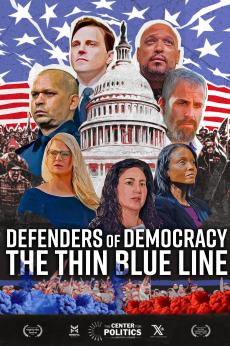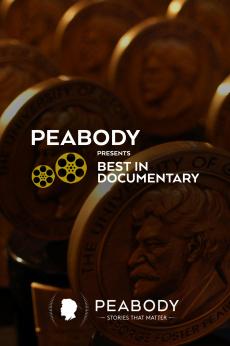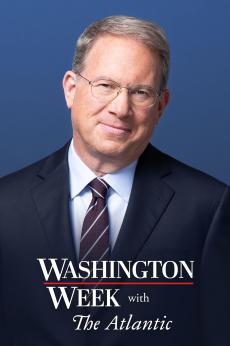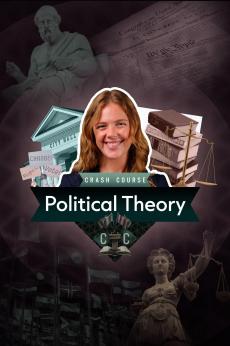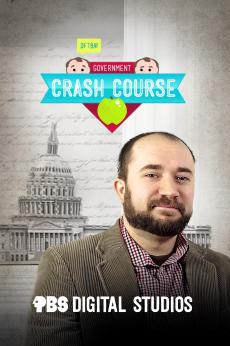Race Matters: America After George Floyd
On the one-year anniversary of George Floyd’s death, Judy Woodruff and PBS NewsHour reporters will focus on what has changed, and what hasn’t, since the outrage and protests of last summer, focusing on Minneapolis as well as several other communities around the country that have also seen protests, police killings and hate crimes.
Previews + Extras
Floyd's death exposes persisting racism in Minneapolis
16m 46s
One year ago today, George Floyd's murder by former policeman Derek Chauvin in Minneapolis shocked the country, but those within the community, particularly Black residents, say it was inevitable. They point to a history of racist policies and political gridlock as reasons for the deaths of Black men like Floyd and Philando Castile. Amna Nawaz takes a closer look at the history and reform efforts.
Why Black St. Louis residents face more policing
11m 18s
After Michael Brown Jr., an unarmed Black teen, was killed by police in Ferguson, Missouri, months of protests and calls for police reform followed. While no officer was charged in Brown's case, the city and surrounding cities like St. Louis, saw some reforms. Yamiche Alcindor examines the reforms and the trends from historical events, like the East St. Louis riots, that still haunt Missouri.
Black Louisville residents won't 'sleep' on racism
11m 34s
Louisville police killed Breonna Taylor during an execution of a "no-knock warrant" in her home. No one was charged for her death, but it changed the lives of the city's residents, spurring vast protests and calls to action. Despite some efforts, the city's Black residents are still awaiting systemic change. John Yang examines how segregation and historical redlining led to the current situation.
What it will take to reform policing, according to 3 experts
13m 34s
Judy Woodruff discusses the history and trends of policing in America — and what reform should look like — with DeRay Mckesson, co-founder of Campaign Zero, Margaret Huang, president and CEO of the Southern Poverty Law Center and Georgetown University law Professor Rosa Brooks, who, five years ago, became a reserve police officer in Washington D.C. to better understand the profession.
Similar Shows
WETA Passport
Stream tens of thousands of hours of your PBS and local favorites with WETA Passport whenever and wherever you want. Catch up on a single episode or binge-watch full seasons before they air on TV.
